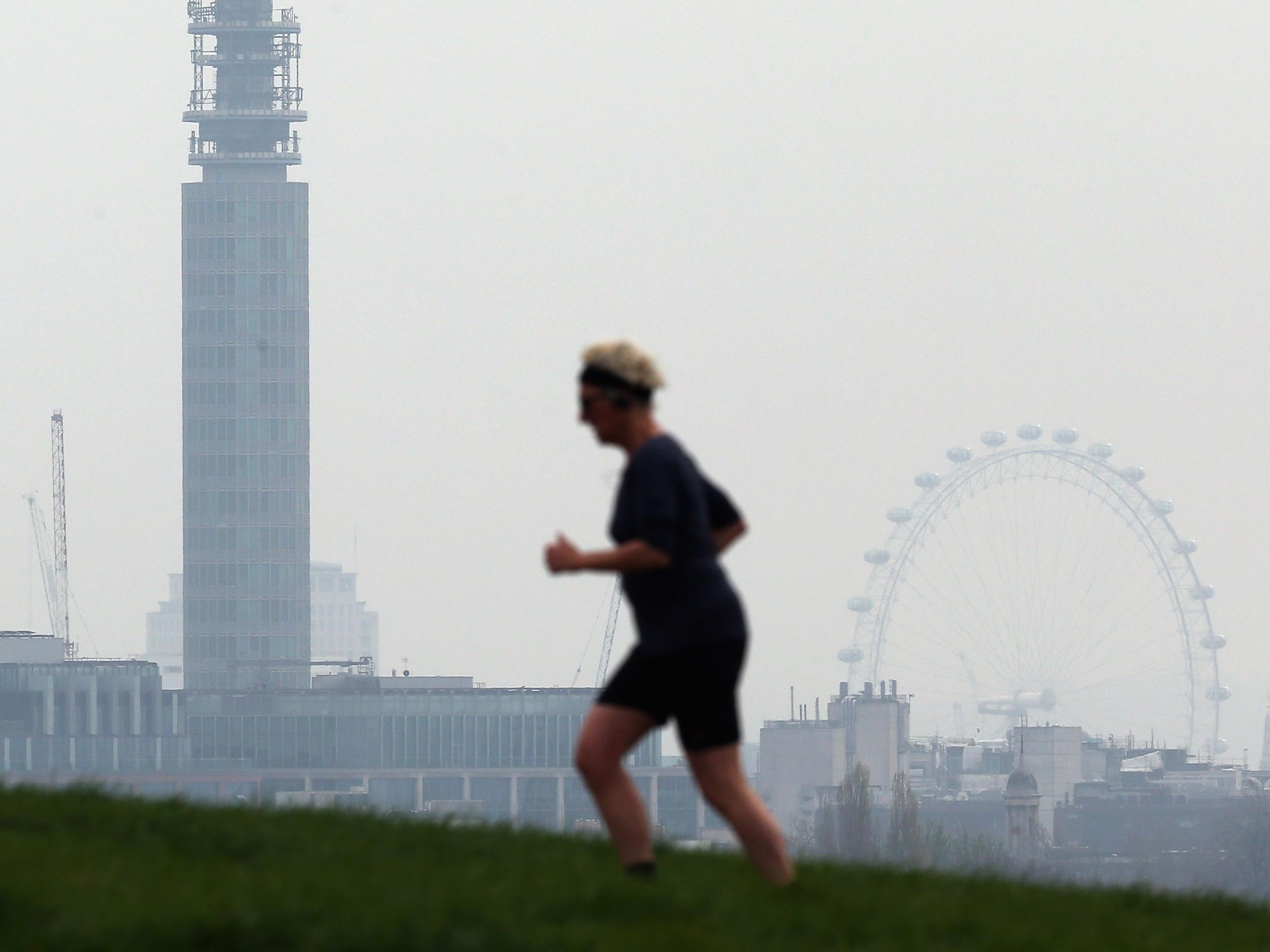Heart disease warning: Lack of exercise is worse risk for over-30s women than smoking or obesity

Your support helps us to tell the story
From reproductive rights to climate change to Big Tech, The Independent is on the ground when the story is developing. Whether it's investigating the financials of Elon Musk's pro-Trump PAC or producing our latest documentary, 'The A Word', which shines a light on the American women fighting for reproductive rights, we know how important it is to parse out the facts from the messaging.
At such a critical moment in US history, we need reporters on the ground. Your donation allows us to keep sending journalists to speak to both sides of the story.
The Independent is trusted by Americans across the entire political spectrum. And unlike many other quality news outlets, we choose not to lock Americans out of our reporting and analysis with paywalls. We believe quality journalism should be available to everyone, paid for by those who can afford it.
Your support makes all the difference.Sedentary lifestyles pose a greater heart disease risk to women over 30 than smoking, obesity or high blood pressure, new health data from Australia has shown.
Researchers said that the dangers of an inactive lifestyle were being underestimated and deserved to be a much higher public health priority.
Smoking was, as expected, the most serious risk factor in women aged 22 to 27, the study from the University of Queensland found, but after the age of 30 smoking rates begin to drop off, and a widespread lack of exercise was found to be the biggest cause of heart problems across the study population.
The data are based on evidence gathered from more than 32,000 participants in the Australian Longitudinal Study on Women’s Health, which for 20 years has been tracking the long-term health of women born in the 1920s, the 1940s, the 1970s.
Globally, four risk factors – smoking, being overweight or obese, high blood pressure and inactivity – account for more than half of all cases of heart disease, which remains the biggest killer in high-income countries.
However, public health authorities around the world have become increasingly concerned that, while the dangers of smoking, being overweight and high blood pressure are well-known and understood by the general public, physical inactivity has become a blind spot.
Last month the UK Government was warned that the country is less physically active that any time “in all human history” in a report compiled by MPs, which called for the establishment of an independent body dedicated to improving physical activity, as well as the reallocation of more transport funding from road-building to cycle and foot paths.
There have been numerous warnings on high levels of inactivity in populations of developed countries, particularly among children, but the Australian study is among the first to look specifically at the impact on women. Studies in the USA have found that men are slightly more likely than women to meet recommended healthy levels of exercise.
Commenting on the study, Thembi Nkala, a senior cardiac nurse with the British Heart Foundation, said that “the dominant influence” of physical activity on heart disease risk showed that more needed to be done to promote regular exercise in women.
The Australian study, which is published in the British Journal of Sports Medicine today, found that inactivity remained the greatest population risk factor for heart disease among women all the way into their late 80s.
The researchers estimated that if every woman aged between 30 and 90 were able to reach recommended weekly activity levels of 150 minutes of moderate exercise, then the lives of 2,000 women could be saved every year in Australia alone.
Ms Nkala added: “We already know physical inactivity is a major risk factor for heart disease… it’s important to remember that heart disease is linked to other factors such as smoking, obesity, high blood pressure and high cholesterol. It’s essential to manage these too, as the more risk factors you have, the greater your chance of heart disease.”
Join our commenting forum
Join thought-provoking conversations, follow other Independent readers and see their replies
0Comments